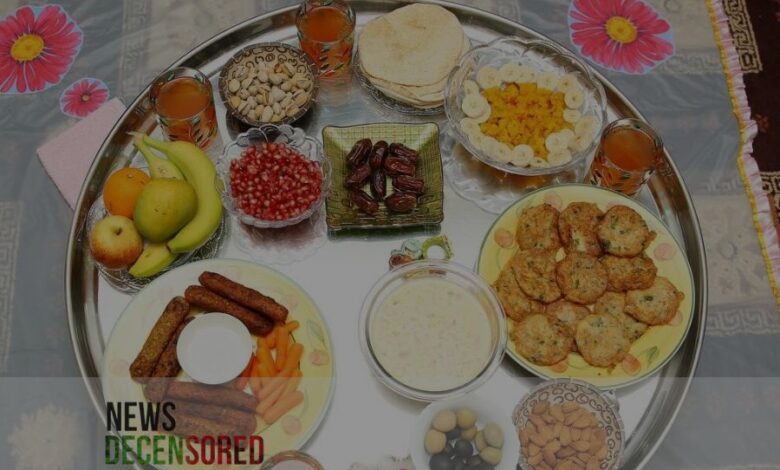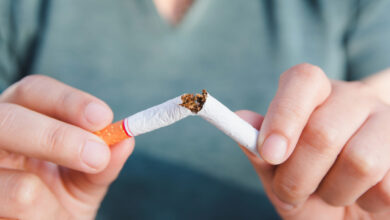What to eat in Ramadan and what should be avoided

Millions of Muslims around the world are fasting during the month of Ramadan, one of the holiest months in the Islamic calendar. This is the holy month in which the holy book of Islam, the Quran, was revealed to the Prophet of Islam. Fasting is observed throughout the month of Ramadan.
Fasting is one of the five pillars of Islam, meaning that fasting is one of the obligatory duties that all Muslims should strive to perform. The meal that Muslims who fast in Ramadan eat before dawn is called ‘Suhoor’ or Suhri.
After sunset, the fasting person breaks the fast by eating the evening meal, called iftar, and does not eat or drink anything, not even water, for the rest of the day. Fasting is obligatory only for those who are in good health and are not suffering from any disease. Apart from this, children who have not reached puberty, pregnant, lactating, or menstruating women, and travelers are also exempted from fasting.
Fasting may be easy for some people, but for others, it can be a challenge, and hunger and thirst can interfere with work and other daily activities. So what kind of food do you need to eat to keep yourself from hunger and thirst during a month of fasting?
What should be eaten in Suhoor?
A Suhoor meal is very important as it prepares you for the whole day of fasting so it is important to have proper food and nutrition. Nutritionist Ismat Taimer says, ‘During Ramadan, eat foods rich in protein, carbohydrates, vitamins, and minerals to meet your body’s energy and nutrient needs throughout the day and make sure you drink plenty of water.’They recommend a light, healthy, and filling breakfast. In Suhoor, you can eat milk products like curd, pudding, porridge, eggs, etc., besides eating fresh vegetables like cucumber, tomato, and fruits.
Nutritionist Bridget Bellum adds that it’s best to eat wheat-based foods like bread and porridge at Suhori because it’s a slow release of energy that will keep you going throughout the day.
She says things like barley, wheat bread, and cereals are great choices for breakfast. Some studies show that fiber from beans, peas, and chickpeas can increase feelings of fullness by more than 30 percent.
Bellum says you should also drink beverages to hydrate your body before the fast. Apart from this, she also advises avoiding salty foods. She says that eating salty foods will make you thirsty and you won’t want to spend a long day thirsty. It is also important to avoid the amount of caffeine in Suhoor to avoid thirst and it is advised to drink about two to three liters of water between Iftar and Suhoor to stay hydrated while fasting.
How should Iftar be done?
Iftar is usually recommended to consume large amounts of beverages and foods with natural sugars such as dates, which have been the best choice for breaking the fast since the time of the Prophet of Islam. Dates and water are a great way to break the fast, says nutritionist Bridget Bellum. It provides energy and rehydration.
Is fasting good for your health?
Fasting in general has many benefits and intermittent fasting is becoming a popular way to lose weight. Instead of focusing on what to eat, intermittent fasting focuses on when to eat. It involves fasting for specific hours every day. Research shows that the health benefits of intermittent fasting include lowering blood pressure and cholesterol, reducing inflammation, reducing your dependence on insulin, and reducing the risk of type 2 diabetes.




